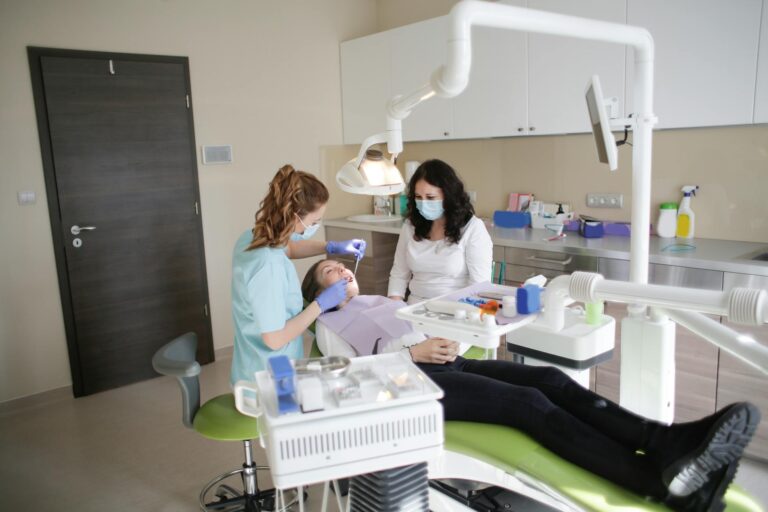We live in a world where pollution is a growing concern, especially in densely populated areas. The air we breathe is filled with harmful particles, toxins, and pollutants that can have detrimental effects on our health. One of the most concerning issues related to air pollution is its potential link to dementia. With the rise in cases of dementia around the world, many are wondering if using air purifiers in polluted areas can help prevent this debilitating condition. In this article, we will dive deeper into this topic and explore whether air purifiers can truly make a difference in preventing dementia.
What is dementia?
Dementia is a collective term for a wide range of symptoms that affect cognitive function, such as memory loss, difficulty with language and problem-solving, and changes in mood and behavior. It is not a specific disease but rather a general term for a decline in mental ability that is severe enough to interfere with daily life. Alzheimer’s disease is the most common type of dementia, accounting for 60-80% of cases.
What causes dementia?
The exact cause of dementia is still unknown, but researchers believe that a combination of factors may contribute to the development of this condition. These include genetics, age, lifestyle, and environmental factors. Exposure to air pollution is one such environmental factor that has been gaining attention in recent years.
The link between air pollution and dementia
There is mounting evidence from studies conducted around the world that links long-term exposure to air pollution with an increased risk of developing dementia. A 2018 study published in the journal JAMA Neurology found that people living in areas with high levels of air pollution had a 40% greater risk of developing dementia than those living in less polluted areas. Another study conducted by the University of Southern California showed that older women who were exposed to high levels of fine particulate matter (PM2.5) had a 92% higher risk of developing dementia than those exposed to lower levels.
The reason behind this link is still being studied, but researchers believe that air pollution can cause inflammation and oxidative stress in the brain, leading to damage to brain cells and the development of dementia. PM2.5, which is a type of air pollutant that is small enough to enter the bloodstream and reach the brain, has been found to be particularly harmful.
Can air purifiers help prevent dementia?
Air purifiers are devices that remove pollutants and contaminants from the air. These machines work by drawing in air, passing it through a series of filters, and then releasing clean air back into the room. Air purifiers can remove a wide range of pollutants, including PM2.5, from the air, making them a popular choice for those living in polluted areas.
While air purifiers can effectively remove certain pollutants from the air, their ability to prevent dementia is still being debated. Some studies have shown that using air purifiers can improve cognitive function in older adults and reduce the risk of developing dementia. However, these studies are limited, and more research needs to be done to determine the exact effectiveness of air purifiers in preventing dementia.
Factors to consider when using air purifiers
If you live in a polluted area and are considering using an air purifier to prevent dementia, there are a few factors to keep in mind.
Firstly, not all air purifiers are created equal. Some may be more effective at removing certain pollutants than others. Look for models that have HEPA (High-Efficiency Particulate Air) filters, as these are designed to capture particles as small as 0.3 microns, which includes PM2.5.
Secondly, air purifiers need to be used consistently to see any potential benefits. This means running them for several hours a day, every day, which can significantly increase your electricity bill.
Additionally, air purifiers only clean the air within a confined space, so their effectiveness may be limited if you live in a large or open-plan home. It is also important to note that air purifiers cannot remove all pollutants from the air, and other measures, such as wearing a mask when outside, may also be necessary to protect against air pollution.
In conclusion, while there is evidence to suggest that air pollution may contribute to the development of dementia, more research is needed to determine the exact link. Air purifiers can effectively remove certain pollutants from the air, but their ability to prevent dementia is still uncertain. However, using an air purifier in conjunction with other preventative measures may help reduce the risk of developing this condition. Ultimately, it is essential to address the root cause of air pollution and work towards creating a cleaner and healthier environment for all.





